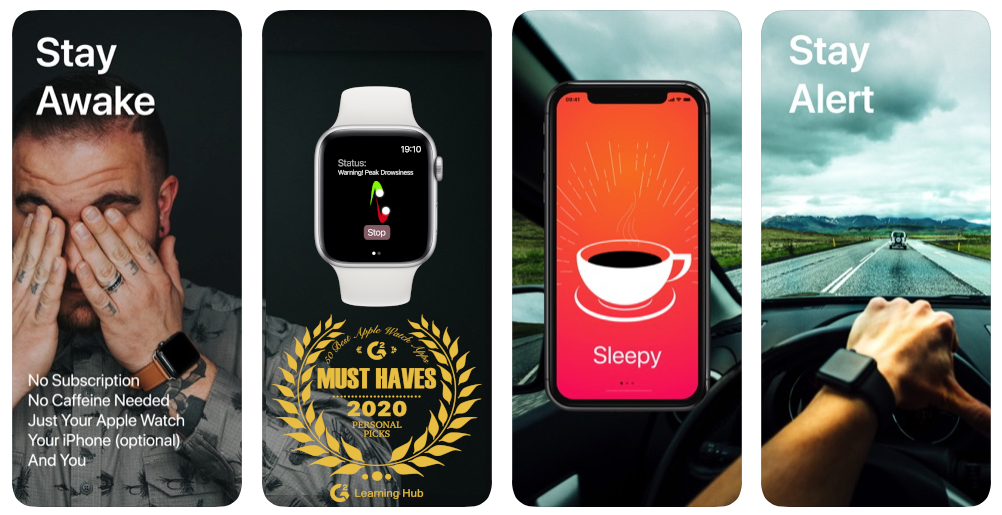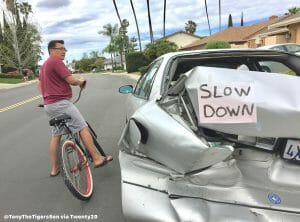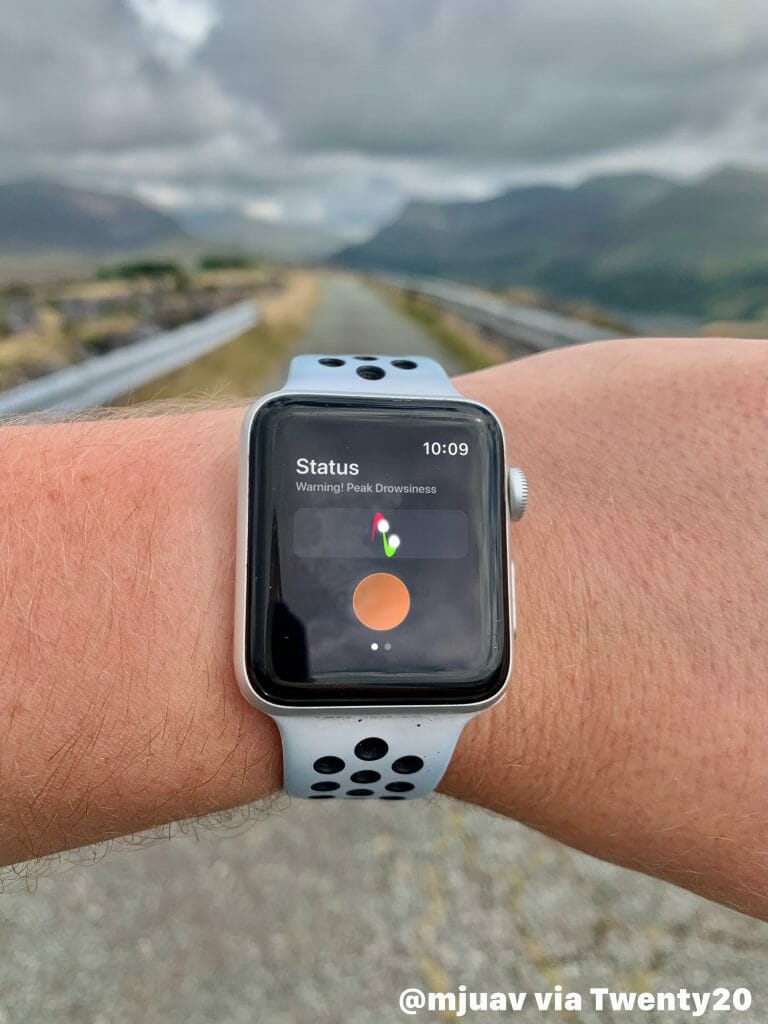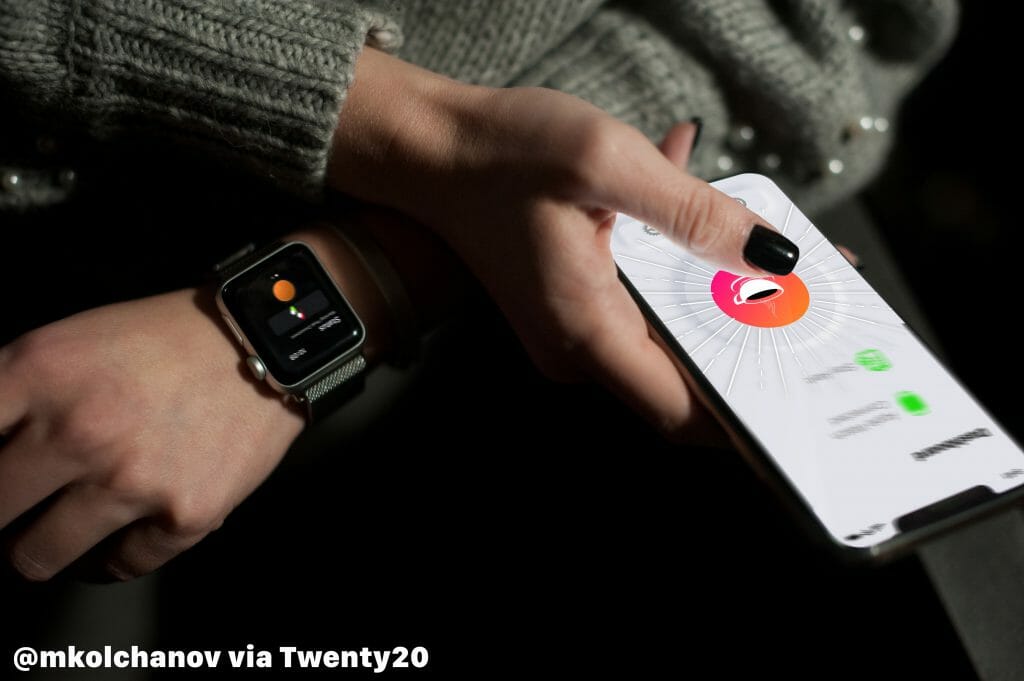Are You Getting Enough?
The cost of the frantic pace of modern life is less productivity, a reduction in economic activity, and ultimately your health.
Make Time For A Nap
The original power booster…
Tim was fed up. He’d been working long intense hours to meet his departments’ end of year deadlines. He also had been putting in extra time on his side hustle as a “gig” driver with an online company to help make ends meet.
Nothing seemed clear to him anymore. Whatever he tried to do to earn a little extra cash didn’t seem to be working. It seemed the harder he tried, the less things worked out for him.
“I just can’t think straight!”, said Tim. Each hour of each day for every week since March just seemed to blur into a weird blob of fuzzy consciousness.
Deprived
The fast pace of modern life is causing an ever increasing amount of people to not get enough sleep. Pulling all nighters to complete work or study deadlines as well as worries about their financial situation is causing many to feel stressed and fatigued.
As Tim was finding, being stressed and tired makes it more difficult to think clear enough to find solutions that work, which tends to imply that people are actually making things worse for themselves without realising.
The cost of the frantic pace of modern life is less productivity, a reduction in economic activity, and ultimately your health.
The Health Risks
Tim was displaying the classic early symptoms of sleep deprivation. These include:
- Constant yawning.
- A likelihood to fall asleep when inactive (for example falling asleep in a meeting or nodding off whilst driving).
- Feeling fatigued all day.
- Irritability.
- And poor concentration.
More advanced sleep deprivation leads to more advanced symptoms :
- Uncontrolled bursts of sleep.
- A weakened immune system.
- An increased possibility of being obese.
- Tired drivers are 5 times more likely to have a crash.
Getting Enough
Like most people, Tim knew that he needed to get more sleep. But that wasn’t the problem. He needed a plan to be able to get the sleep that was healthy for him whilst being able to work and get things done.
I gave him some of the articles that I’ve written in the past as well as some one to one advice, but the key is to find what works for you and commit yourself to stick to it.
- Sleep
Create a sleep timetable for yourself. Make sure that you set realistic goals, for example most people need from between 6 to 10 hours of sleep (depending on age, weight and other factors), so make sure you take all the factors of your life into account. And make sure that you plan and actually go to bed at the same time every day, and wake up at the same time too. - Caffeine
Again, each person is different. I gave up caffeine completely for a few years, but now use it in passing. If you are going to consume caffeine make sure you don’t have any between 4 to 8 hours before you go to bed. Caffeine can stay in your system for up to 15 hours, so again experiment and see what works for you. - Breaks
Where possible, take regular breaks, especially if you are driving or operating heavy machinery. During your breaks try to have at least one 10 – 20 min nap to help refocus your mind. Our Apple Watch app V-CAF, is ideal for letting you know when your alertness is decreasing so that you can optimise your work and breaks to when your body really needs them. - Exercise
Establish a regular exercise routine. Exercise is good for relieving stress and helps boost the quality of your sleep in the evening. It doesn’t have to involve joining a gym. A 20 minute brisk walk is good enough to help improve your blood circulation and the benefits to your sleep are immediate.
Recap
I benefited greatly from the above tips that I’ve outlined for you above, which is why whenever I get the chance to share that information (like I did with Tim), I leap at it.
But, it’s up to you to use them as just reading about them won’t change anything.
To recap:
- Establish a regular sleep routine and stick to it
- Reduce or cut out caffeine consumption
- Take regular breaks whilst working
- Exercise daily (even if it’s a 20 minute walk)
Afterword
“Fatigue will continue to impact productivity and the number of accidents at home and in the workplace. Sleep deprivation may be the next emerging health issue for both individuals and business.”
Maher, H. (2006). Sleep Deprivation: Are You a Victim?.AAOHN journal : Official journal of the American Association of Occupational Health Nurses,54(12),548-548.
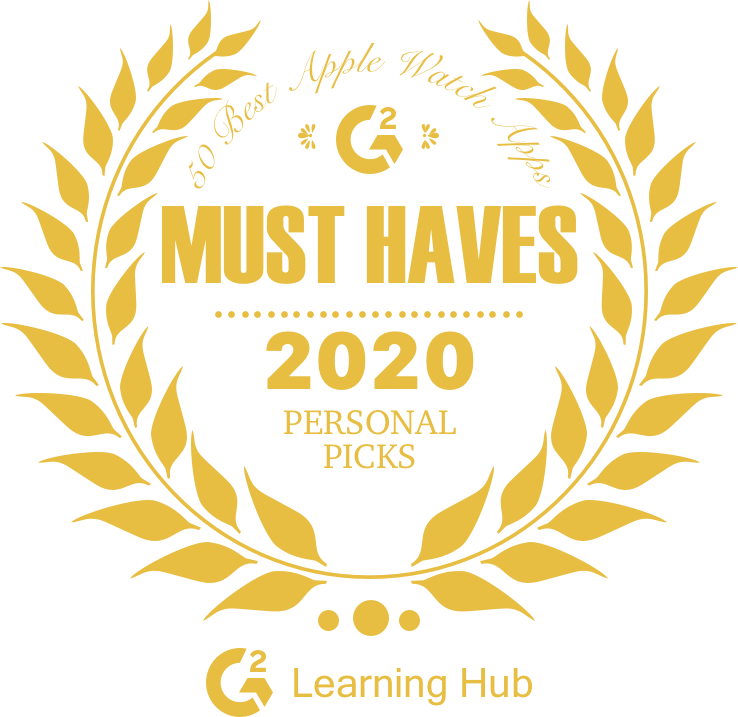
Now available on the App Store, download it now!

